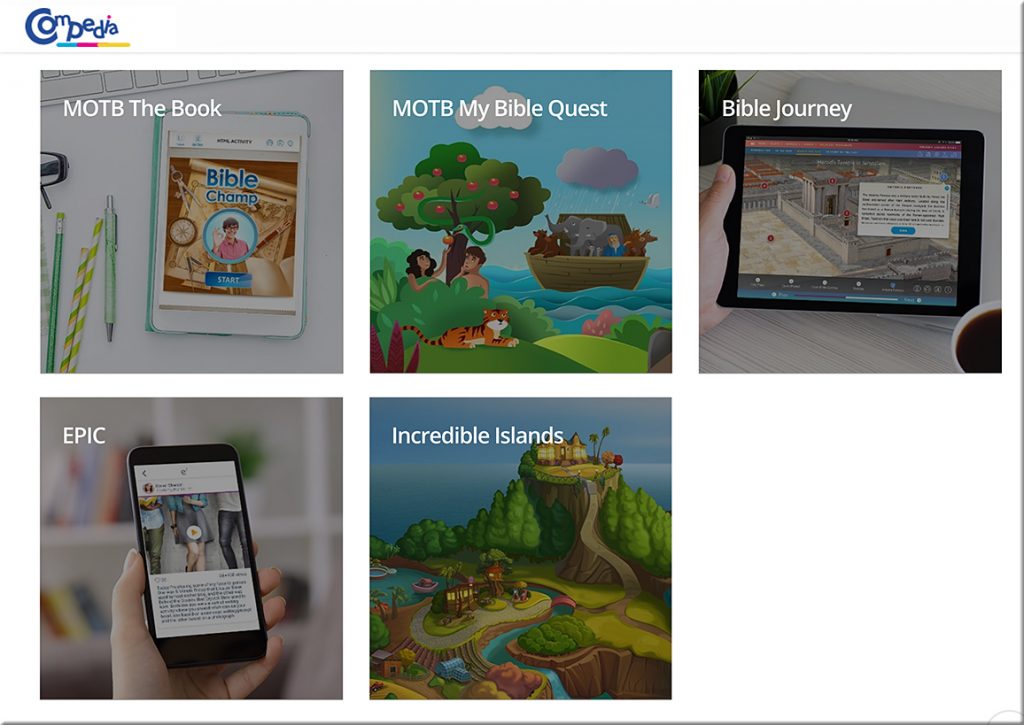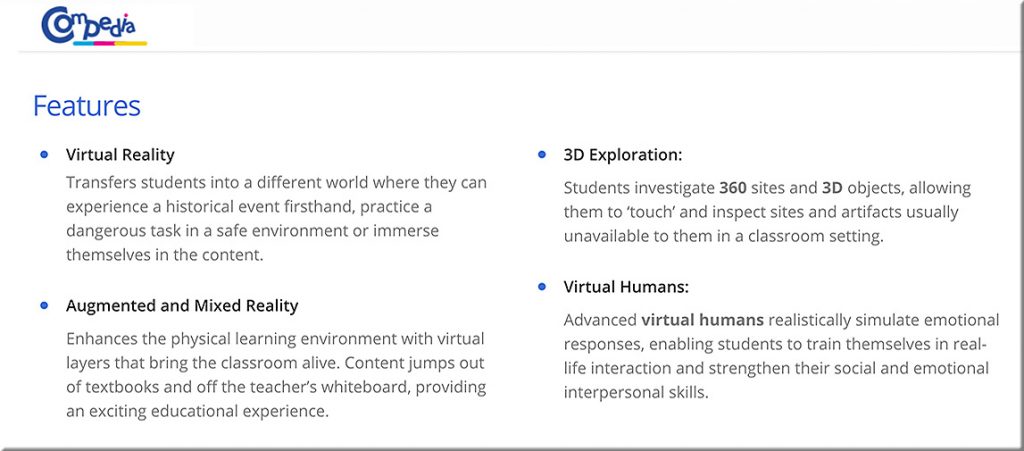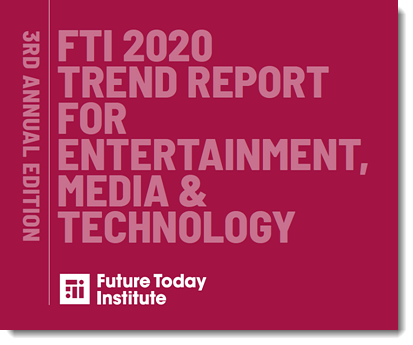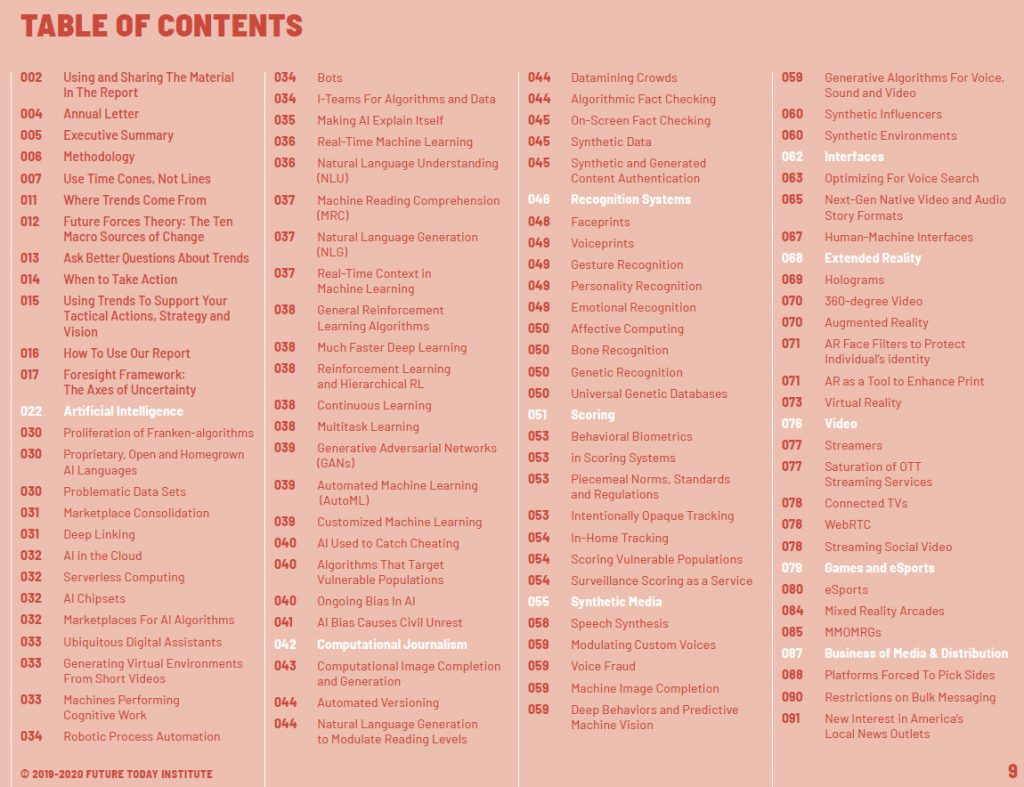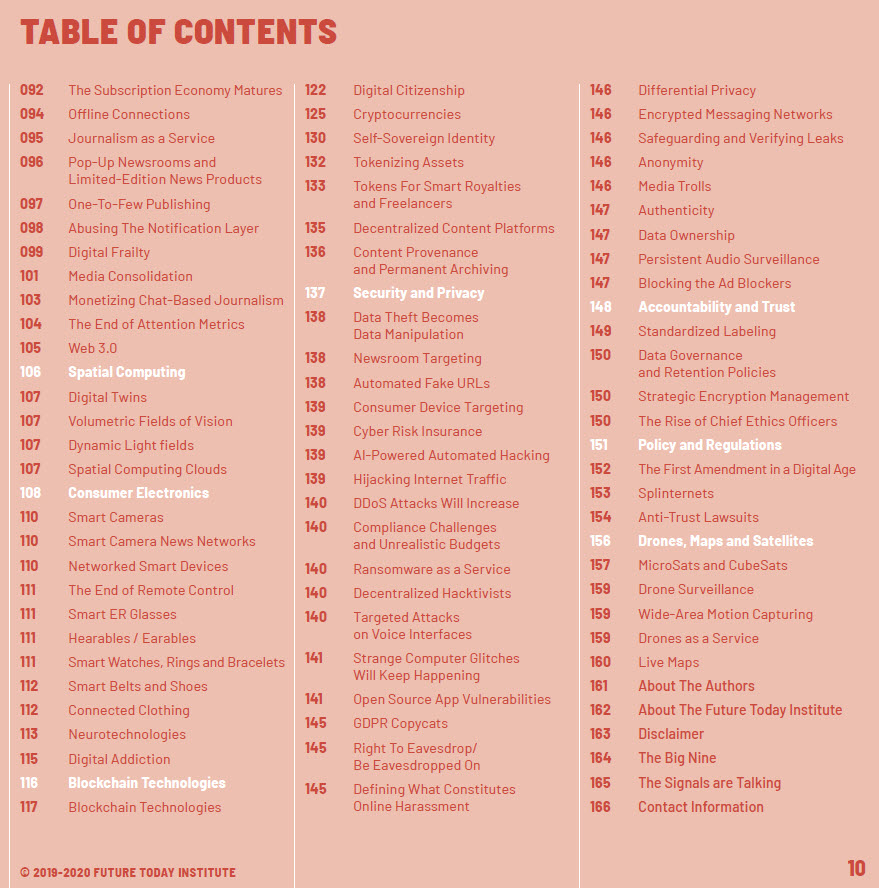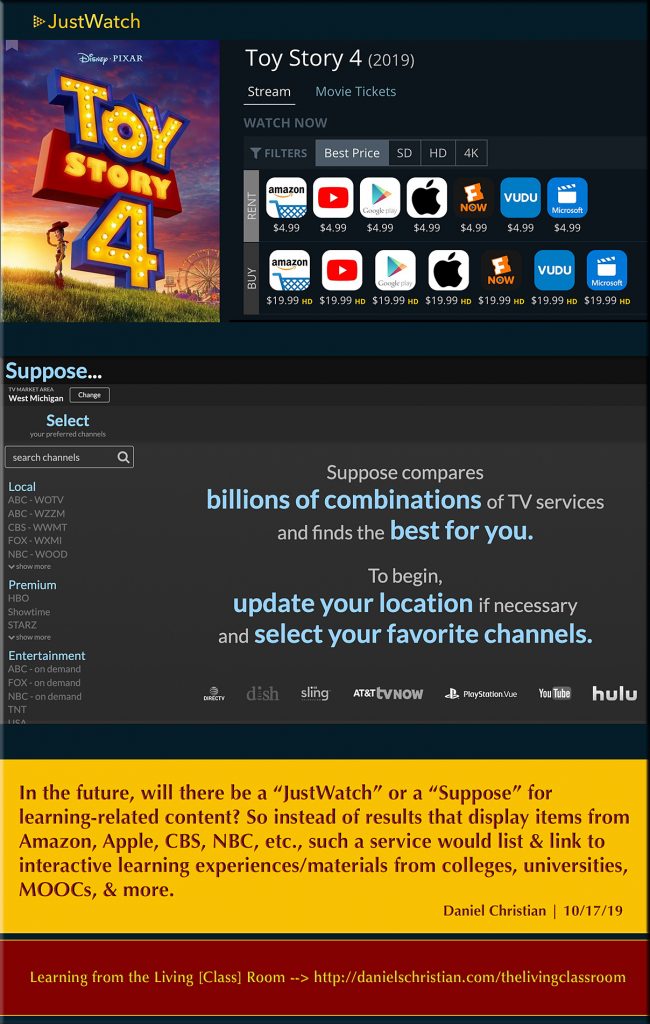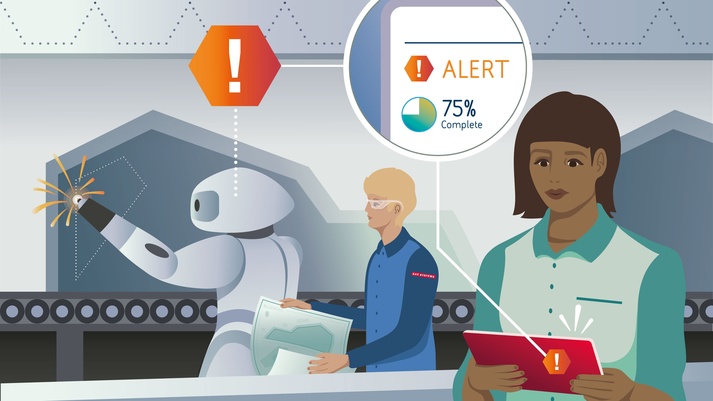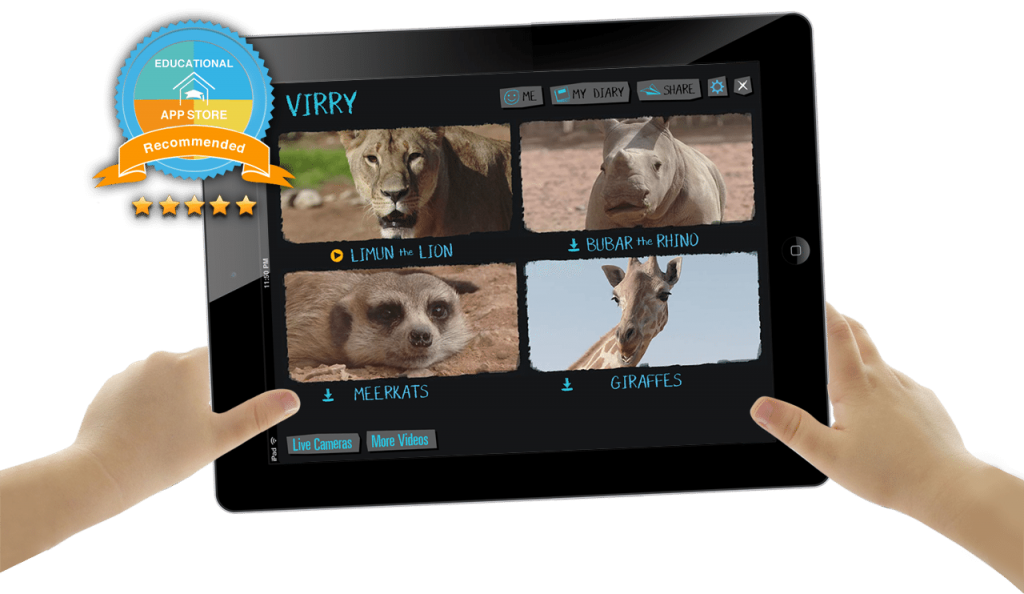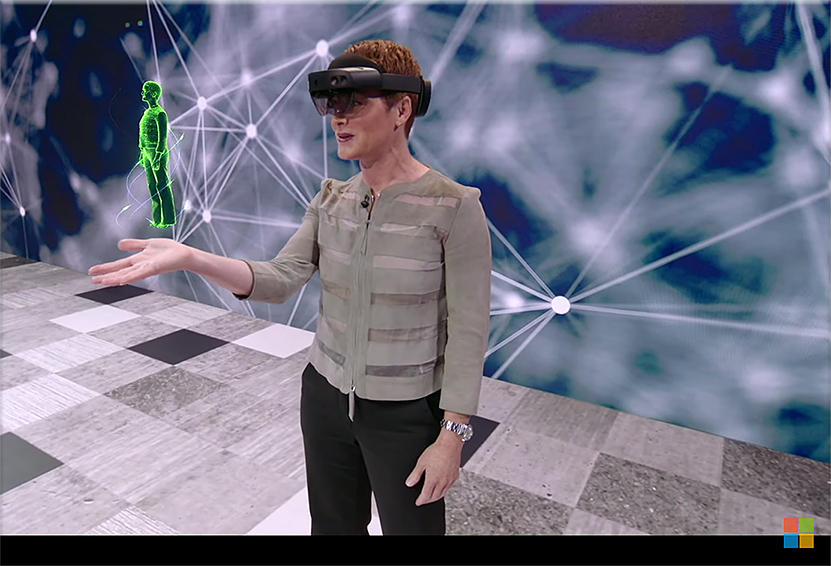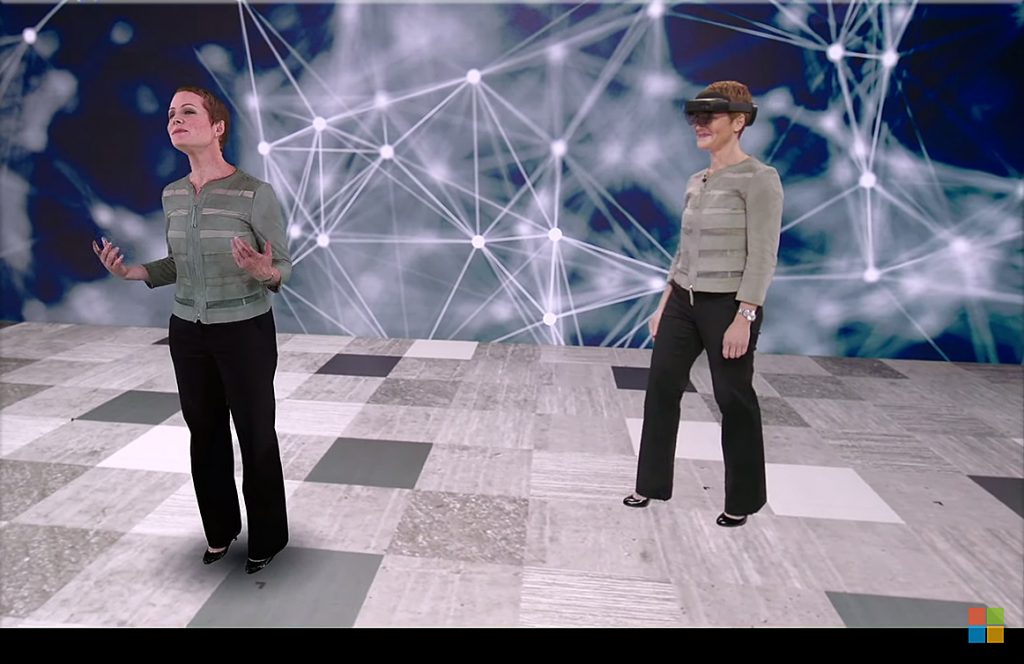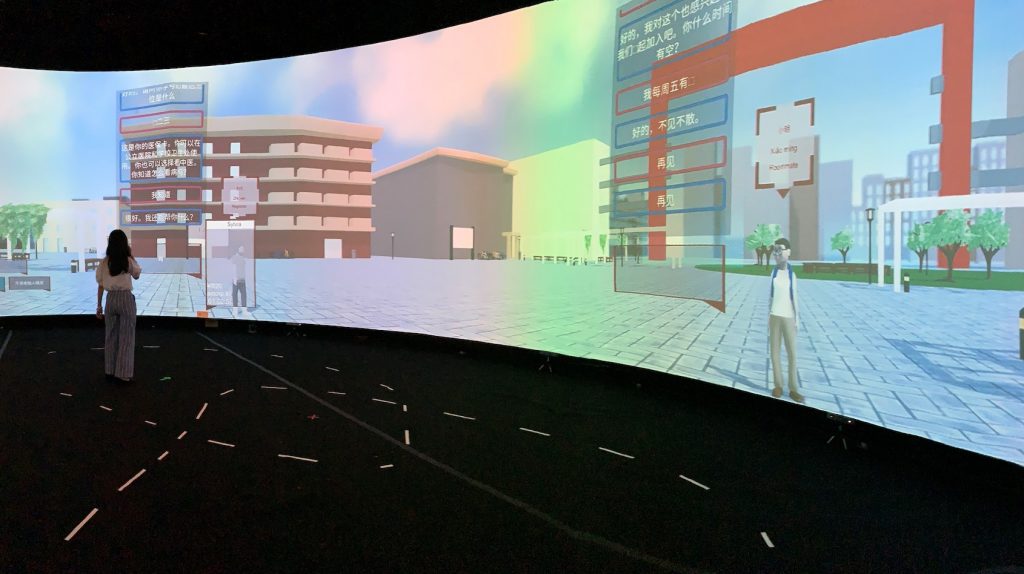Israeli tech co. uses virtual & augmented reality tech to help Christians engage with the Bible — with thanks to Heidi McDow for the resource
Compedia Partners with U.S. Clients to Utilize Company’s Biblical Knowledge and Technological Expertise
TEL AVIV, Israel, Aug. 7, 2019 – Compedia, an Israel-based business-to-business tech company, is using virtual reality technology to service Christian clients with products that help users engage with the Bible in a meaningful way.
…
Compedia partnered with The Museum of the Bible in Washington, D.C., which attracted more than 1 million visitors during its first year of operation, to help bring the museum’s exhibits to life. With the help of Compedia’s innovation, visitors to the museum can immerse themselves in 34 different biblical sites through augmented reality tours, allowing them to soar across the Sea of Galilee, climb the stairs of the Temple Mount, explore the Holy Sepulchre and so much more. In addition to creating on-site attractions for The Museum of the Bible, Compedia also created a Bible curriculum for high-school students that includes interactive maps, 3-D guides, quizzes, trivia and more.
…
“Many people are dubious of augmented and virtual reality, but we see how they can be used for God’s glory,” said Illutowich. “When clients recognize how attentive users are to the Bible message when it’s presented through augmented and virtual reality, they see the power of it, too.”
In addition to their passion for furthering Bible education, Compedia is committed to developing products that help educators engage students of all types. The company is currently in partnership with a number of educational institutions and schools around the U.S. to utilize its interactive technology both in the classroom and in the online learning space. Other client collaborations include Siemens, Sony and Intel, to name a few.
About Compedia
Compedia uses cutting-edge technology to help students succeed by making education more fun, engaging, and meaningful. With over 30 years of experience in developing advanced learning solutions for millions of people in 50 countries and 35 languages, Compedia offers expertise in visual computing, augmented reality, virtual reality and advanced systems, as well as instructional design and UX.
